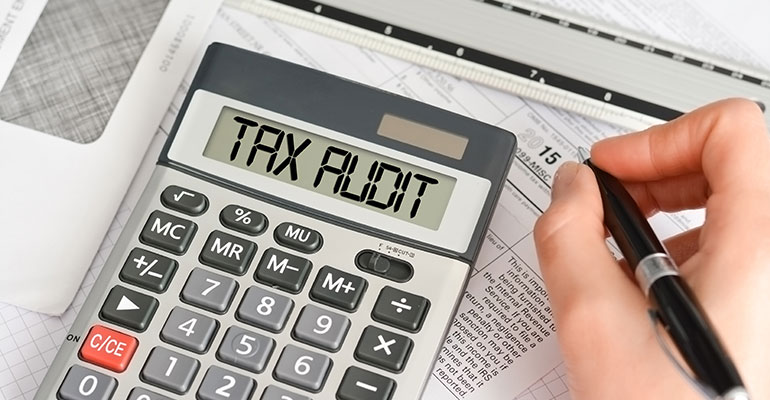
As a taxpayer, one of the most daunting experiences is being audited by the Internal Revenue Service (IRS). The thought of an IRS audit can be stressful and time-consuming and may result in additional tax liabilities, penalties, and interest. One question that many taxpayers have is how long does an IRS tax audit take? In this post, we will explore the factors that determine the duration of an IRS audit and provide insights into what taxpayers can expect during the audit process.
Type of Audit
The first factor that determines the duration of an IRS audit is the type of audit. There are 3 types of IRS audits: office audits, correspondence audits, and field audits.
- Office Audits: In an office audit, the taxpayer is required to meet with an IRS auditor in person at an IRS office. The auditor will review specific items on the taxpayer’s tax return and request additional documentation or explanations. The duration of an office audit can vary depending on the complexity of the issues involved. Typically, an office audit takes anywhere from a few weeks to several months.
- Correspondence Audits: This is the least invasive type of audit and is conducted entirely through the mail. The IRS may request additional information or documentation to support certain items on your tax return. Correspondence audits typically take the shortest amount of time and can be resolved within a few weeks to a few months.
- Field Audits: This is the most comprehensive and invasive type of audit, where an IRS auditor will come to the taxpayer’s place of business or home to conduct the audit. Field audits are typically reserved for more complex cases, such as those involving high-income individuals or businesses with extensive financial records. Field audits can take several months to complete and, in some cases, may last for years.
Complexity of Issues
The complexity of the issues involved in an audit is another factor that can impact the duration of the audit. If the audit involves only a few minor issues, it may be resolved quickly. However, if the audit involves complex tax issues or involves multiple years of tax returns, it may take longer to complete.
Availability of Information
The availability of information is another factor that can impact the duration of an audit. If the taxpayer is able to provide all the information and documentation requested by the IRS auditor in a timely manner, the audit may be completed more quickly. The audit could, however, take longer if the taxpayer is unable to provide the requested information or if it is insufficient.
Size of Business
For businesses, the size of the business is an important factor that can impact the duration of an audit. Larger businesses typically have more complex financial records, and as a result, audits can take longer to complete. In addition, if the business has multiple locations or subsidiaries, the audit may be even more complex and time-consuming.
IRS Workload
The IRS workload is another factor that can impact the duration of an audit. If the IRS is experiencing a high volume of audits, it may take longer for an audit to be assigned to an auditor. The audit process might also be delayed if the IRS has a staffing shortage or other operational problems.
Appeals Process
If the taxpayer disagrees with the outcome of the audit, they have the right to appeal the decision. The appeals process can add additional time to the audit process, as the taxpayer may need to provide additional information or documentation to support their position.
Resolution
Once the audit is complete, the IRS will issue a final determination letter outlining the results of the audit. If the audit results in additional tax liabilities, penalties, and interest, the taxpayer will need to pay these amounts or enter into a payment plan with the IRS. Once the outstanding amounts are paid, the audit is considered resolved. If the audit results in a refund, the IRS will issue a refund to the taxpayer.
It’s worth noting that taxpayers can also choose to dispute the results of the audit in tax court, which can add even more time and expense to the process. However, this option should only be pursued if the taxpayer has a strong case and is willing to bear the cost of legal representation.
The duration of an IRS tax audit can vary greatly depending on several factors, including the type of audit, complexity of issues, availability of information, size of business, IRS workload, and appeals process. Taxpayers who are being audited should work closely with their tax professionals to ensure they are providing all the requested information in a timely and accurate manner. By doing so, they can help ensure a quicker and more efficient audit process.
